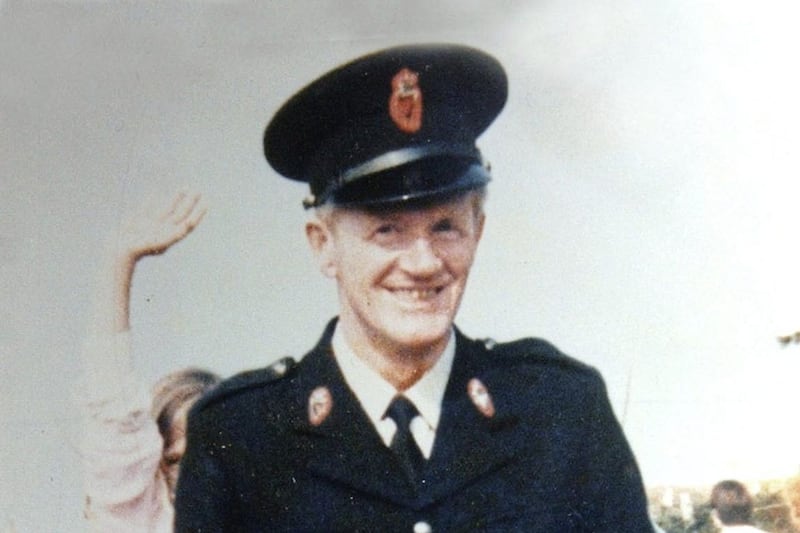The son of a man killed by the loyalist Glenanne Gang says he is “suspicious” after it emerged that gardai failed to provide the Police Ombudsman with information it holds about the murder squad.
Details emerged as the Police Ombudsman confirmed a report into the activities of the Glenanne Gang will be completed despite the introduction of the British government’s Legacy Act on May 1.
Under the act the Police Ombudsman is permitted to produce reports as long as the investigation phase was completed before the May 1 deadline.
This includes the Police Ombudsman’s Operation Newham, which is focused on the Glenanne Gang.

The loyalist unit included members the RUC, UDR and UVF and was responsible for the killing of an estimated 120 people on both sides of the border during the Troubles.
It has been linked to the Dublin and Monaghan bombings, which took place 50 years ago this week, and claimed the lives of 33 people.
The gang is also the subject of the Barnard Review, which is being carried out by Operation Kenova.
The Legacy Act, which ended all Troubles investigations, is being challenged by the Irish government at the European Court of Human Rights.
Since the passing of this month’s deadline, responsibility for all legacy investigations transferred to the Independent Commission for Reconciliation and Information Recovery (ICRIR).
Many victims and relatives of those who died during the Troubles are strongly opposed to the ICRIR and believe it is designed to protect state participants from accountability.
Lawyers acting for a man killed by the Glenanne Gang were recently told that gardai have not provided information requested by the ombudsman.
Patrick McNeice (50) was shot dead at his home in the Loughgall area of Co Armagh in July 1976.
In a recent letter to lawyers acting for the victim’s son, John McNeice, a senior Police Ombudsman official said “an appropriate request was raised by this office to AGS (gardai) but no response was received”.
The official also said that his office does not have the power to compel gardai to respond adding that “it is impossible to provide an assessment of the impact of information that the Police Ombudsman has not seen”.
Mr McNeice voiced his concern at the approach adopted by gardai.
“It doesn’t make any sense to me why Gardai would hold back like this,” he said.
“There’s no point in waiting all this time for the Glenanne report to come through minus whatever intelligence information the gardai have.
“It just makes me suspicious.”
Mr McNeice urged the Police Ombudsman to make a fresh approach to gardai.
His solicitor Owen Winters, of KRW LAW, said it is “good to get formal confirmation” that the Operation Newham report “will be safely delivered despite the draconian impact of the Legacy Act shut down”.
“However, this positive news is undermined by the revelation that gardai haven’t sent their intelligence files to PONI (Police Ombudsman),” he said.
“That’s out of kilter with the welcome move by the Irish government against the UK government on the Troubles legislation.”
A spokesman for gardai said: “An Garda Síochána has and continues to fully engage with and cooperate with a number of Northern Ireland based reviews, enquiries and investigations, , to the fullest extent, subject to legal limitations.
“An Garda Síochána does not comment on remarks by any third party or on any specific cases or named entities.”








